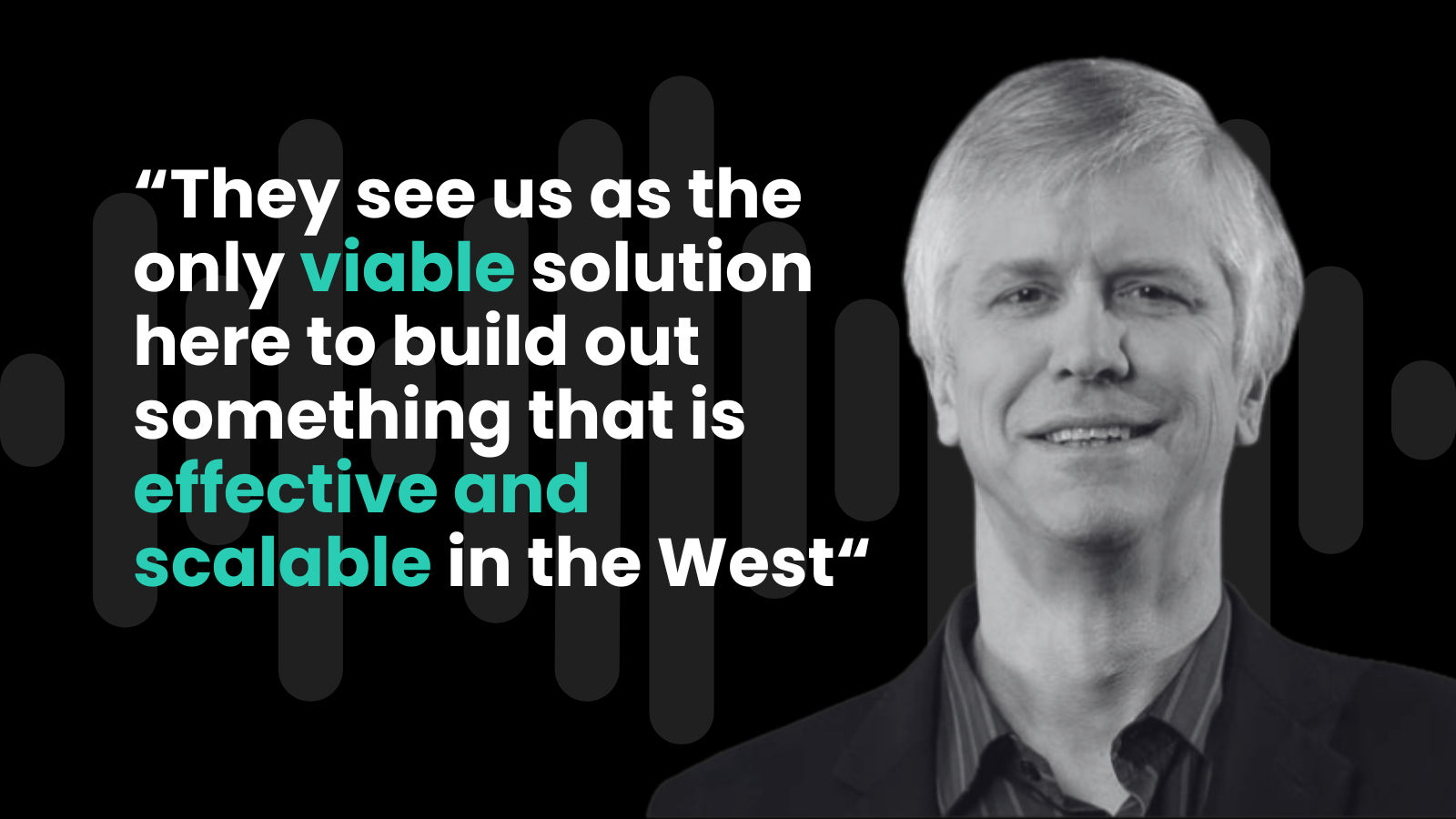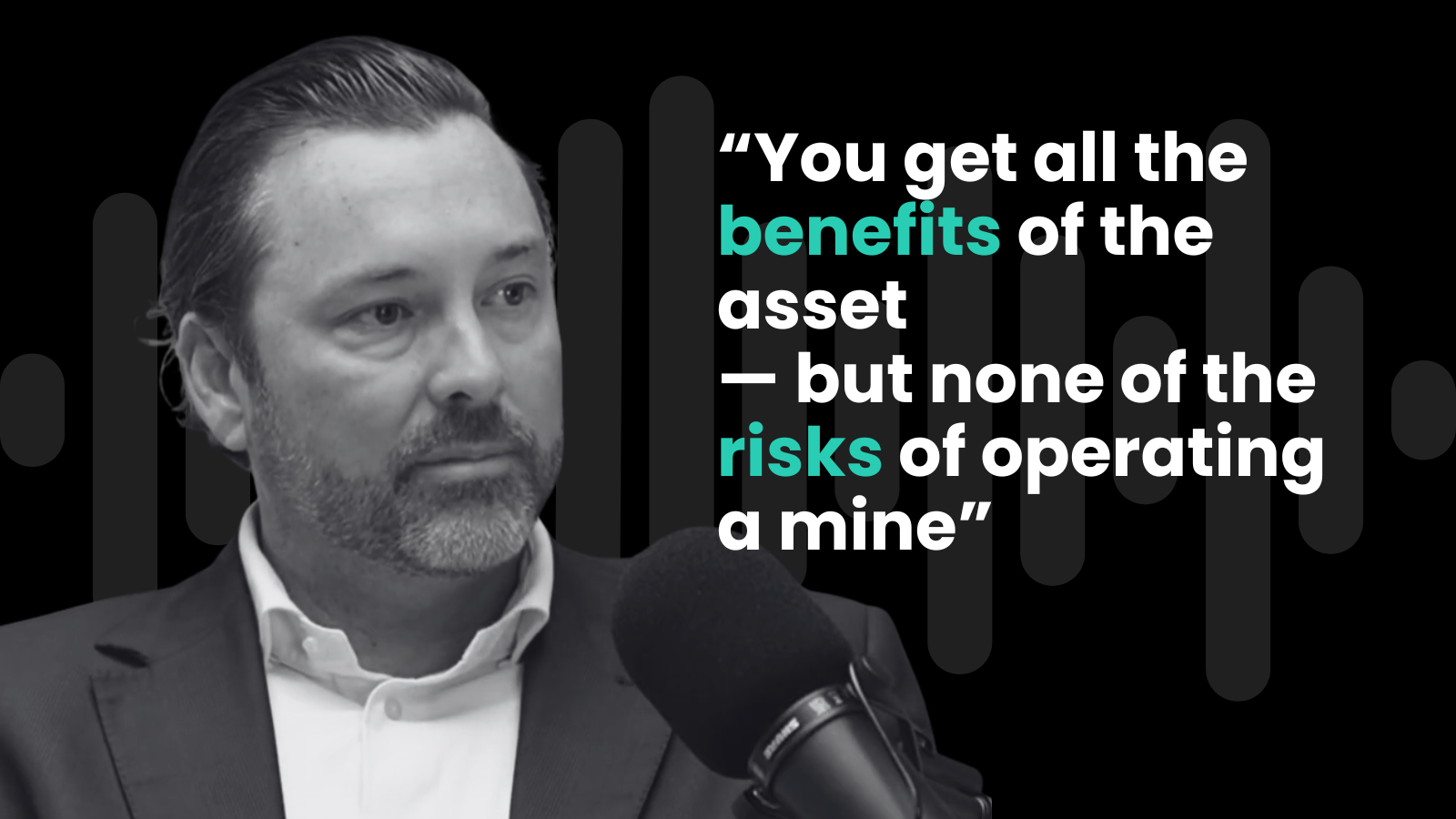Donald Trump, as ever, has a knack for unintended consequences. His hostility to environmental, social and governance (ESG) investing may have gone down well with his base in America, but across the Atlantic it appears to have had the opposite effect.
According to the Association of Investment Companies’ latest ESG Attitudes Tracker, one in five British private investors actually feel more positive about ESG because of Trump’s disdain. Only 8 per cent say they’ve been put off. The great majority – 66 per cent – are unmoved.
In other words: the former President may talk of “woke capital”, but many Britons hear his rhetoric and decide ESG must be worth another look.
Investors are re-visting ESG
The survey, carried out for the AIC by Research in Finance, suggests that sentiment towards ESG has ticked up after several years of steady decline. More than half of private investors (53 per cent) now say they take ESG factors into account when investing, reversing a fall that began after 2021’s high-water mark.
Nearly half describe themselves as “fans” of ESG-friendly funds, up from 43 per cent last year. And a slim majority, 55 per cent, say they hold at least some sustainable investments.
- How renewables are beating oil at its own game
- Artificial Intelligence: boom, bust or just beginning?
- Opinion: Energy security is the new ESG
That said, enthusiasm remains a pale shadow of the ESG boom years. In 2021, two-thirds of investors claimed to consider ESG when allocating their money. Today it’s just over half. The primary culprit is performance: sustainable funds, weighed down by higher interest rates and the underperformance of growth stocks, have trailed the broader market. Greenwashing has also left a bad taste.
ESG investing’s generation gap
Generational differences are stark. Among the under-45s, three-quarters say they consider ESG factors, hold sustainable investments, and actively like the idea. Investors with children are also more likely to favour ESG, perhaps because it feels like an inheritance issue as much as a financial one. Older investors are far less convinced.
Nick Britton, Research Director at the AIC, sees cause for cautious optimism. “After getting steadily worse since 2022, sentiment around ESG investing has seen a modest improvement among private investors this year,” he says. “It’s not a dramatic reversal but it is a definite shift, driven in particular by younger investors and parents. There’s evidence that the strength of the backlash against ESG in the US has actually made UK investors less likely to adopt a similarly hostile stance.”
Yet scepticism remains entrenched. Only 19 per cent of respondents believe ESG investing improves performance. As one investor put it bluntly: “They only look at certain sectors and ditch others – oil and weapons, for example – which can be a lot more profitable.”
Another, who had backed environmental funds, said: “I’ve lost money and I can cope with some losses, but some of them have been quite significant when other non-environmental funds have done pretty well.”
Greenwashing remains an issue
The bugbear of greenwashing also looms large. Sixty-eight per cent of investors say they’re worried about it, and nearly half claim to have seen it in practice – up sharply from last year. “It’s like trying to pull the wool over your eyes,” remarked one disenchanted respondent.
There is some hope that the Financial Conduct Authority’s new sustainability labels, rolled out last year, will curb the most egregious marketing spin. A majority of investors say the labels will improve their trust in ESG claims; that rises to 70 per cent among those who already own sustainable funds.
Still, performance is king. Seventy-one per cent of respondents say they prioritise returns over ethics. The reality is that most private investors may like the idea of saving the planet – just not at the expense of their own pocketbooks.
And that is perhaps the paradox of ESG: it thrives when markets are booming, and struggles when the numbers fall short. Trump may have made it fashionable again, at least in Britain. But whether good intentions can outpace hard returns is another matter entirely.





















